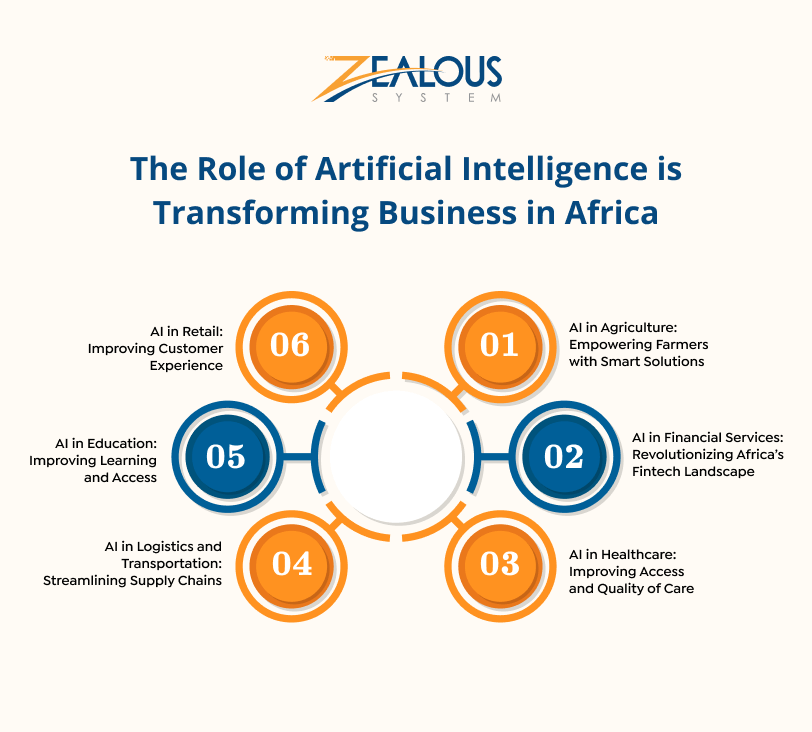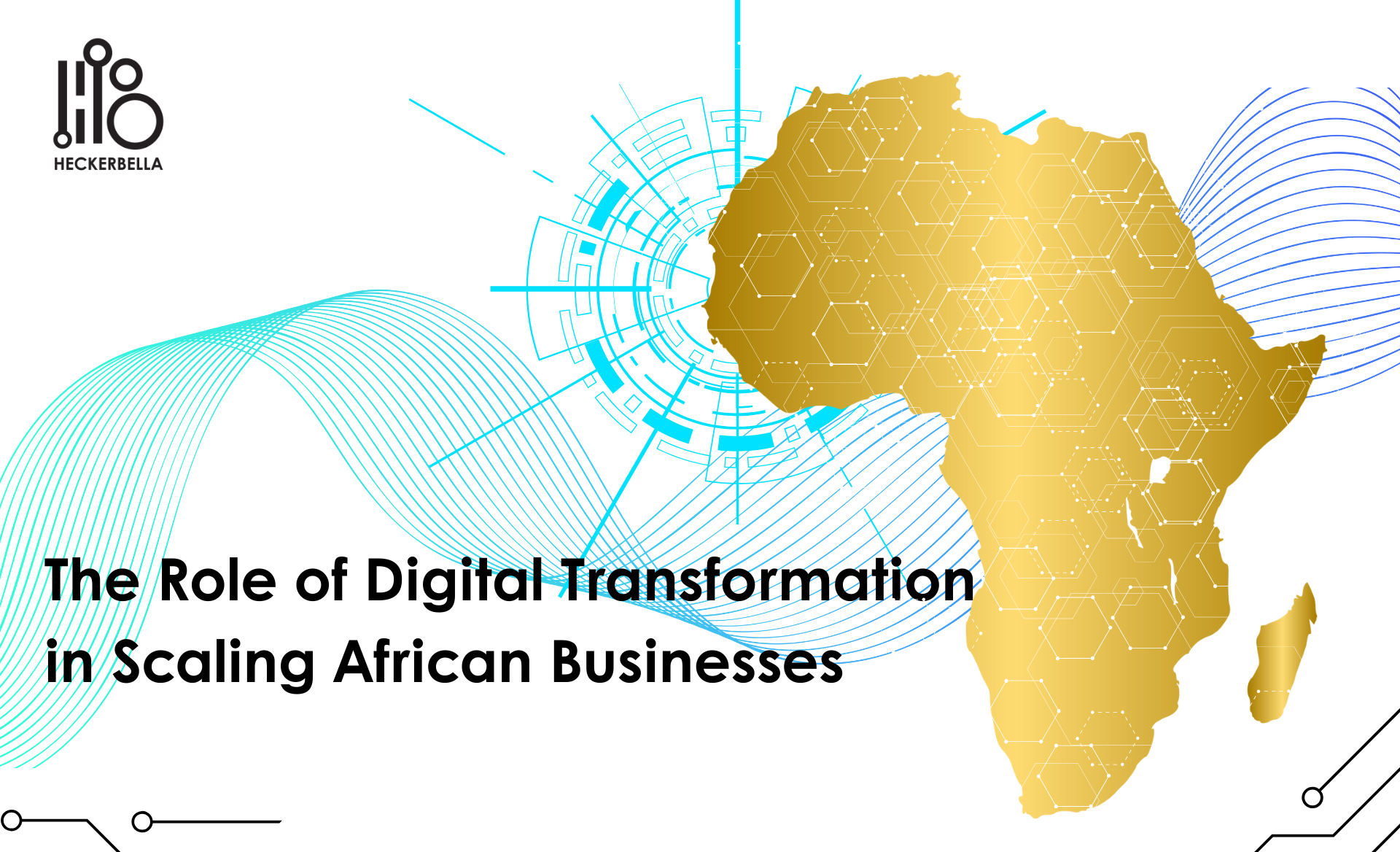Africa is experiencing a remarkable digital revolution that is reshaping the continent’s business landscape through the rapid adoption of digital technologies and artificial intelligence (AI). This transformation is not only enhancing operational efficiency but also driving innovation and competitiveness across various sectors, positioning African businesses for sustainable growth in a global economy.
The Digital Leap in Africa
Unlike many regions that evolved through gradual technological adoption, Africa has made significant leaps by bypassing legacy systems and embracing mobile and internet-based technologies directly. This leapfrogging effect has enabled millions of businesses, from formal enterprises to microbusinesses, to access digital tools such as mobile phones and the internet, which are now fundamental to their operations. For example, mobile money platforms, which originated in Kenya, have revolutionized financial transactions across the continent, facilitating easier payments and financial inclusion.
Despite 86% of African firms having access to digital tools, only a fraction currently leverages these technologies fully. However, those that integrate digital solutions intensively into their operations experience markedly higher productivity, competitiveness, and efficiency. This digital integration translates into broader economic growth and job creation, underscoring the critical importance of digital transformation for African businesses.
Artificial Intelligence as a Catalyst for Growth
Artificial intelligence is emerging as a pivotal force in this digital transformation. AI’s ability to analyze vast amounts of data and predict consumer behavior is enabling African businesses to personalize customer experiences and optimize operations. AI-driven marketing campaigns, for instance, tailor narratives to individual consumers, enhancing engagement and brand loyalty.
Beyond marketing, AI is revolutionizing business analytics and decision-making. It empowers companies to allocate resources more effectively, plan strategically, and launch products with data-driven insights. Automation through AI is also streamlining processes, allowing businesses to achieve more with fewer resources, thereby amplifying efficiency.
In sectors critical to Africa’s socio-economic fabric, such as agriculture and healthcare, AI-driven analytics offer tailored solutions to local challenges. For example, AI models can predict weather patterns to optimize planting strategies or analyze health data to improve patient outcomes. This localized application of AI is crucial for addressing the continent’s unique needs and unlocking new opportunities for innovation.

Challenges and Opportunities
Despite the promise, African businesses face significant barriers to digital and AI adoption. The cost of technology remains high, with African enterprises paying up to 35% more for software and equipment than counterparts in other regions. Additionally, inadequate infrastructure, limited digital literacy, and restricted access to finance hinder widespread adoption.
Addressing these challenges involves substantial investments in technology infrastructure—estimated at up to $6 billion annually—and targeted funding for digital transformation and startups, particularly in high-impact sectors. Regulatory reforms that promote competition and reduce tariffs on digital goods can also foster a more conducive environment for technology adoption.
Moreover, the growing startup ecosystem in Africa, one of the fastest globally, presents significant opportunities for investors and businesses alike. These startups are pioneering innovative digital solutions that are accelerating the continent’s digital transformation and economic growth.
Impact on Business Competitiveness
Digital transformation and AI are not merely tools for operational improvement; they are becoming essential for survival and competitiveness. Customers today expect seamless, personalized experiences, and businesses that fail to deliver risk losing market share. African companies that have embraced digital transformation report improved decision-making, enhanced customer engagement, and greater operational agility.
For example, in agriculture, digital technologies such as sensors, drones, and AI-driven models are helping farmers increase productivity by up to four times, potentially adding billions to Africa’s GDP by 2030. Companies like Kenya’s Twiga Foods are leading this charge by using technology to streamline supply chains and improve market access for farmers.
Conclusion:
The digital transformation and AI adoption sweeping across Africa are fundamentally reshaping how businesses operate, compete, and grow. While challenges remain, the continent’s unique position to leapfrog traditional technologies, combined with a vibrant startup ecosystem and increasing investments, positions African businesses to harness digital innovation for inclusive and sustainable economic development. As digital tools become more accessible and AI technologies more integrated, African markets are set to become hubs of innovation and efficiency, driving the continent’s prosperity in the decades to come

